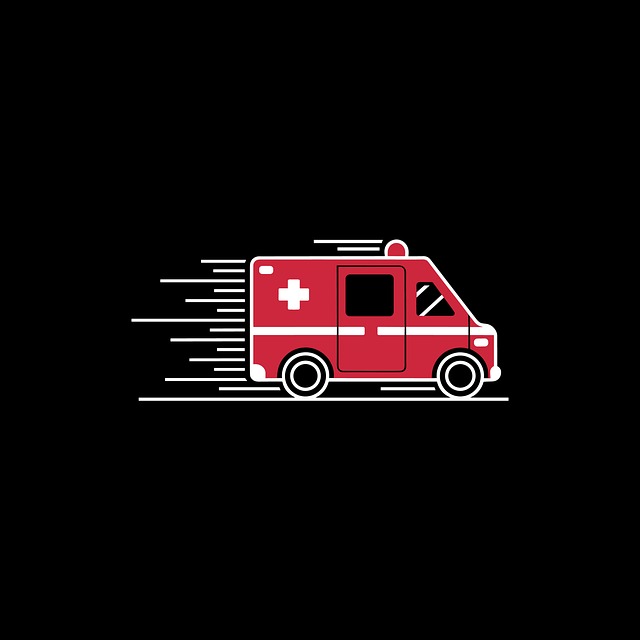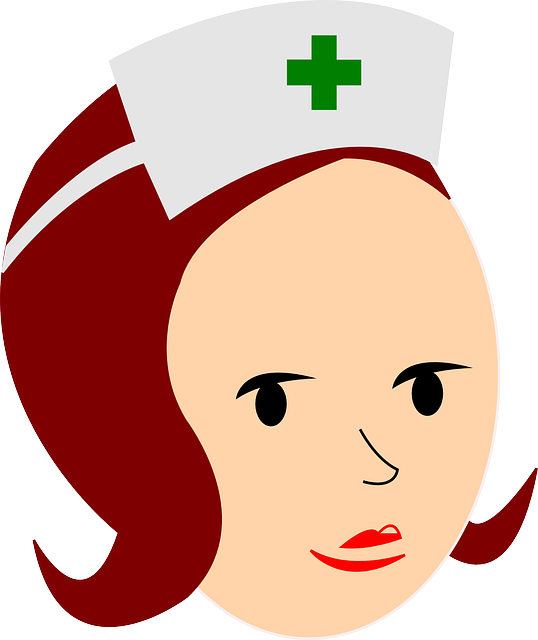In South Africa, choosing between hospital plans and medical aid schemes depends on personal health needs and financial capabilities. Hospital plans offer lower premiums for acute care within a network, while medical aid provides broader coverage including preventive care and chronic disease management through negotiated rates, at a higher cost. Medical aid stands out with its extensive provider network and management programs, but excludes outpatient care; hospital plans have straightforward inpatient coverage but may exclude specific treatments. Evaluating factors like access to facilities, claim processing, additional benefits, and financial implications helps individuals select the plan best aligning with their lifestyle, budget, and medical history.
Navigating healthcare options in South Africa can be overwhelming, especially when comparing hospital plans and medical aid. This article provides a comprehensive guide to help you understand these two distinct options. We delve into their key differences, explore the advantages and disadvantages of each, and offer insights to make an informed decision tailored to your unique needs. Discover which option—hospital plan or medical aid—is which is better for you in this detailed analysis.
- Understanding Hospital Plans and Medical Aid: Key Differences
- Advantages and Disadvantages of Each: A Comprehensive Look
- Making an Informed Decision: Considerations for Your Unique Needs
Understanding Hospital Plans and Medical Aid: Key Differences

In South Africa, both hospital plans and medical aid schemes offer critical healthcare coverage, but they have distinct characteristics that significantly impact your choice. Understanding these differences is key to determining which option best suits your needs. Hospital plans typically provide access to a network of hospitals and specialists, focusing on covering acute care services like admissions, surgeries, and treatments for life-threatening conditions. These plans usually have lower monthly premiums compared to medical aid options.
On the other hand, medical aid schemes often offer a broader range of benefits, including preventive care, routine check-ups, and chronic disease management. They tend to negotiate rates with healthcare providers, which can lead to potential cost savings for members. While medical aid may provide more comprehensive coverage, it generally comes at a higher monthly cost. When deciding between a hospital plan or medical aid, consider your personal health profile, financial situation, and the level of care you require on an ongoing basis.
Advantages and Disadvantages of Each: A Comprehensive Look

Advantages and Disadvantages of Each: A Comprehensive Look
When considering which is better between a hospital plan and medical aid in South Africa, it’s crucial to weigh the advantages and disadvantages of each. Medical Aid typically offers a broader network of healthcare providers, including specialists and private hospitals. It often includes preventive care benefits like routine check-ups, screenings, and immunizations, promoting proactive health management. Moreover, many medical aids have chronic condition management programs that provide ongoing support for conditions like diabetes or hypertension. However, high monthly premiums and complex administration processes can be drawbacks, especially for those with limited financial resources.
On the other hand, Hospital Plans generally offer more straightforward coverage focused on inpatient care in licensed hospitals. They tend to have lower premiums compared to medical aid schemes, making them budget-friendly options for individuals or families. Additionally, hospital plans often provide access to a wide range of specialists and surgical procedures. Yet, these plans may not cover outpatient care, preventive services, or specific treatments. Patients with chronic conditions might need complementary medical aid to manage their ongoing healthcare needs effectively. Understanding these pros and cons will help you determine which option aligns best with your health requirements and financial situation.
Making an Informed Decision: Considerations for Your Unique Needs

When deciding between a hospital plan and medical aid in South Africa, it’s crucial to make an informed decision based on your unique needs. Both options offer comprehensive healthcare coverage, but they differ in key aspects such as service providers, network hospitals, and out-of-pocket expenses like deductibles and co-pays. Understanding these variations is essential to determining which plan aligns best with your lifestyle, budget, and medical history.
Consider factors like the ease of accessing preferred healthcare facilities, the speed of claim processing, and any additional benefits like dental or mental health coverage. Additionally, evaluate the financial implications, including monthly premiums, and how each plan suits your short-term and long-term financial goals. By weighing these considerations, you can choose between a hospital plan or medical aid that offers the best value and peace of mind for your specific circumstances.
When deciding between a hospital plan and medical aid in South Africa, understanding your unique needs is crucial. Both options have their advantages and disadvantages, with hospital plans offering more flexibility and broader coverage for specific procedures, while medical aid typically provides comprehensive care within a chosen network of healthcare providers. Ultimately, the choice depends on personal preferences, budget, and access to alternative healthcare options. By carefully considering these factors, you can make an informed decision that best suits your health and financial goals in South Africa.

